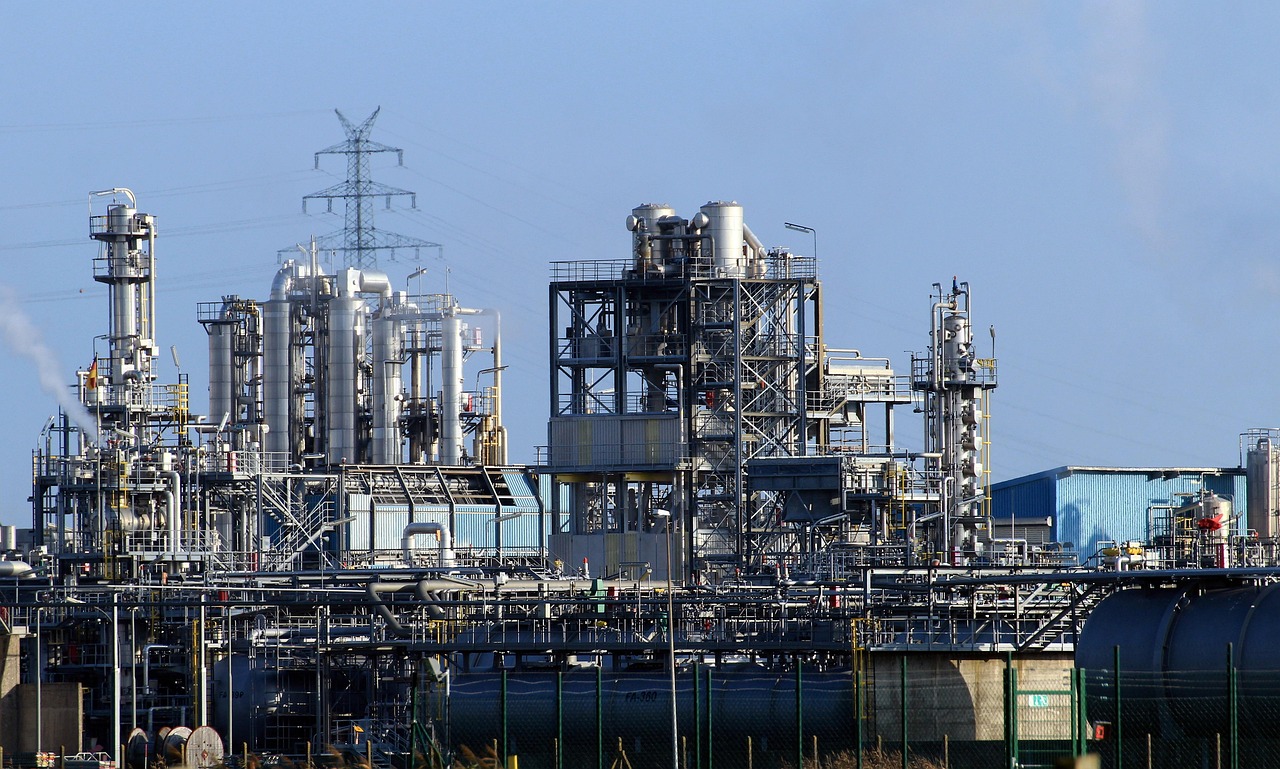Key Causes of Delays and How to Mitigate Them
Delays can significantly disrupt projects across various sectors. While the root causes often overlap, this article explores some common issues and strategies to address them effectively.
1. Design Delays
Design delays can trigger cascading effects throughout a project’s timeline. These delays may arise due to evolving technology, shifting client requirements, or unforeseen challenges.
How to Manage Design Delays:
- Establish clear deadlines for design completion within the project schedule.
- Allocate sufficient time for design development and coordination.
- Regularly update the programme to reflect accurate start and completion dates based on the latest available information.
2. Procurement of Long Lead-In Items
Delays in procuring long lead-in items—particularly specialized equipment and materials—can severely affect timelines and budgets. These challenges can occur with both contractor-supplied and owner-supplied items, often exacerbated by changes in agreed specifications.
How to Manage Procurement Delays:
- Incorporate procurement and delivery activities for critical items within the construction schedule.
- Regularly review and discuss anticipated delivery dates with the supply chain.
- Consider mitigation strategies promptly if delays arise.
- Schedule discussions close to reporting deadlines to ensure updated information is included in progress reports.
3. Supply Chain Management
A well-managed supply chain is crucial to project success. The supply chain can reduce risk by offering off-site fabrication and delivering pre-assembled components.
Strategies for Effective Supply Chain Management:
- Build risk allowances into the programme for local approval processes.
- Engage suppliers early and align their production schedules with project timelines.
- Invite suppliers to regular progress meetings, documenting key tasks and expected completion dates.
- Maintain open communication and foster collaboration while adhering to contractual obligations.
Effective supply chain management is vital, particularly when dealing with complex projects where flexibility and adaptation are required.
4. Evolving Programme Activities
As projects progress, variations or additional scope may necessitate updates to the programme. Keeping the schedule current is critical to maintaining alignment with project objectives.
How to Handle Programme Updates:
- Conduct a thorough review of the existing programme logic when introducing changes.
- Document all changes and assess their impact, including resource requirements.
- Account for approval processes required by regulatory bodies or stakeholders.
- Seamlessly integrate sub-contractor programmes by ensuring consistent calendars, unique activity identifiers, and accurate logic links.
Updating the project programme should always involve careful documentation and impact assessment to avoid misalignment and delays.
5. Unforeseen Technical Challenges
Unexpected technical challenges can arise despite meticulous planning, potentially causing significant delays.
Strategies to Address Technical Challenges:
- Include clear milestones for critical work activities within the programme.
- Make delay causes transparent by marking key completions, sufficient progress for successor activities, and readiness of technical elements.
- Evaluate commissioning phases to identify potential delays early and manage them effectively.
Properly prepared programmes allow for quicker identification and management of unforeseen technical issues.









